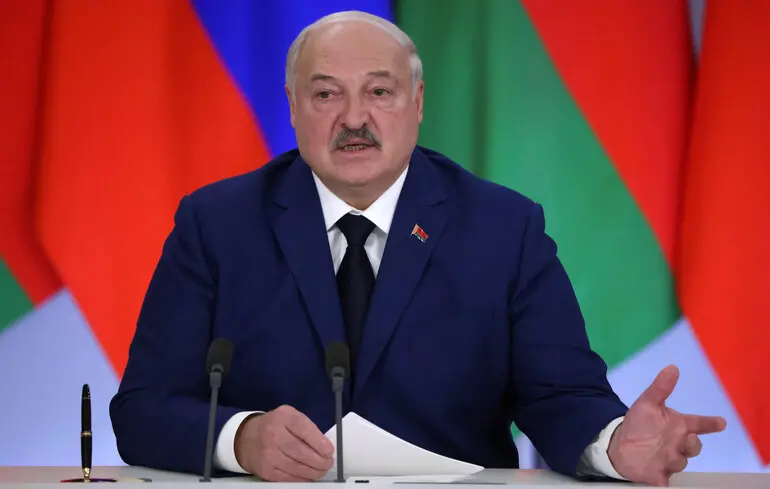Lukashenko and Business with Occupiers: New Challenges for Ukraine’s Security and Economy

The threat of the Belarusian regime cooperating with temporary occupiers on Ukrainian territories is escalating.
According to Ukrainian intelligence, the visit of the head of the occupation administration to Kherson and his meeting with Belarusian President Alexander Lukashenko indicate the development of new political and economic ties.
Ukraine’s foreign ministry and security services warn that Minsk is actively trying to establish trade relations with countries under sanctions and internal isolation—Venezuela, Syria, North Korea—and now with occupied Ukrainian regions.
Belarus’ actions effectively legitimize Russian aggression and shift the boundaries of internal political acceptance.
The economic situation also raises concern: in the first half of 2025, Belarus’ external trade deficit reached $3.5 billion, almost one and a half times higher than last year’s figures.
Imports are rising faster than exports, and demand for Belarusian goods is decreasing even within Russia.
Meanwhile, Minsk promotes agricultural and tourism projects in the occupied territories—though these initiatives rely heavily on Russian subsidies and lack prospects for sustainable growth.
Such ventures increase the risk of new sanctions and deepen Belarus’ dependence on Moscow.
Additionally, the Kremlin intensifies propaganda among children in occupied regions, creating additional threats to Ukraine’s informational security.
Ukrainian experts note that for Lukashenko, this represents yet another concession to Moscow—essentially a fee for maintaining political backing.
Russia continues to recruit Belarusian citizens for military service, increasing the number of Belarusian contract soldiers fighting against Ukraine, which could have severe regional repercussions.

